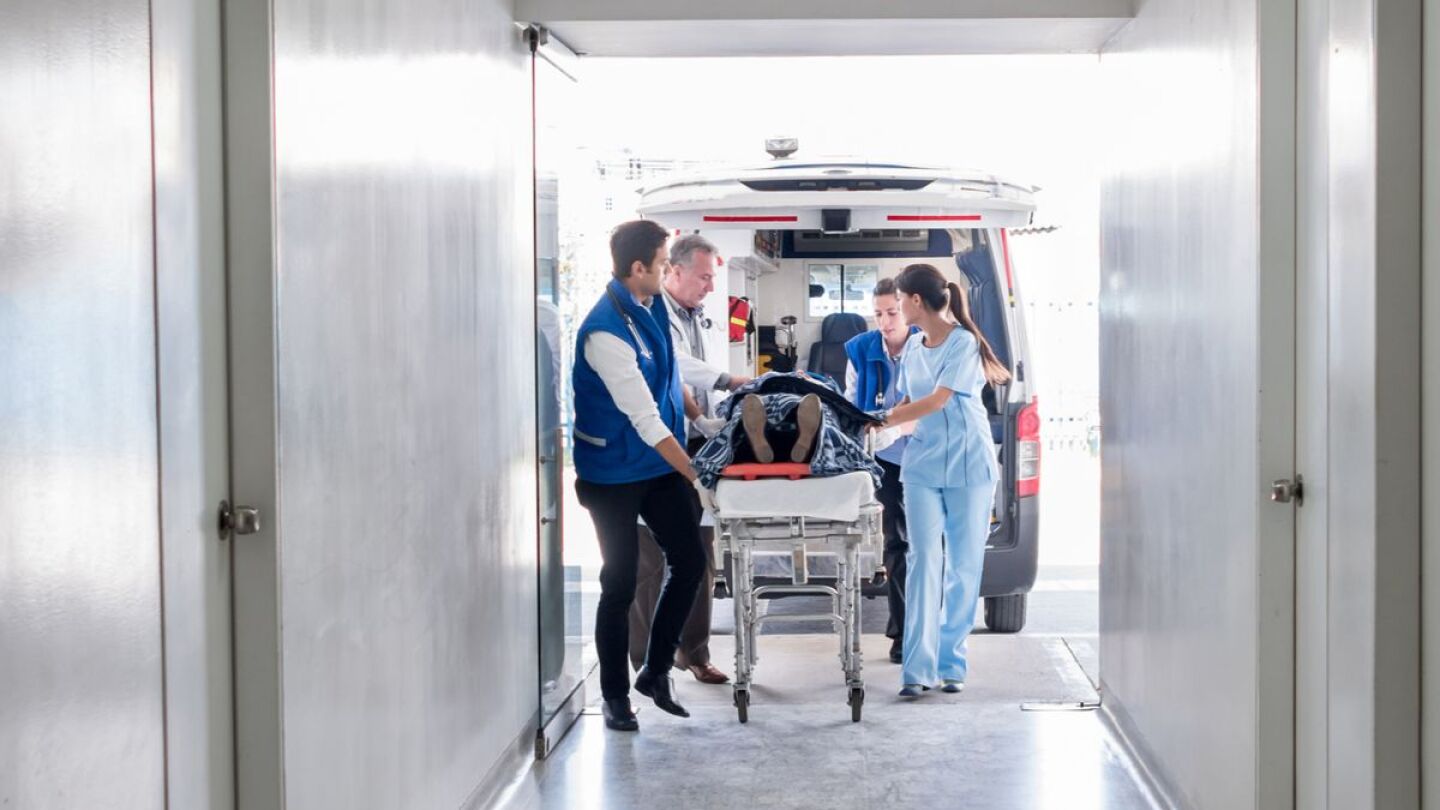I think the other reality is you need to look at the dollars. There is going to be a balance between cost and reimbursement.
If we staff an ambulance with an EMT and a medical provider (PA, some form of independent paramedic practitioner, NP) we are substantially increasing the cost of service when they will probably be seeing roughly the same patients. If they are still transporting these patients then I think it is hard to argue increased billing when there are CCT and HEMS programs can often perform the same advanced interventions (chest tubes, invasive lines, et cetera) performed by medics and nurses.
If you are putting a medical provider in a fly car to go see patients at home then you are creating something we already have, look at companies like dispatch health. If that fly car is providing advanced intervention then why not just use a CCT or HEMS crew to get the same result?
If you compare hospital salary you have to consider the billable hours of work being done. I make more in nursing but I’m taking care of 1-3 patients in the ICU, PICU, or NICU at a given time. If I’m in the ED I average 3-4 patients, but I’ve certainly had 8 or 9 on several occasions with mass casualty situations. Floor nurses are providing care to 6 or so patients at once. In the times that we are using multiple nursing staff for a patient we are typically getting reimbursement for trauma alerts, acuity based billing, ECMO services, et cetera. For an average ICU patient we are billing about 3K for a daily bed fee for an acuity of a 2 patient assignment. Keep in mind that this does not include billing from medicine, pharmacy, therapies, billable supplies, et cetera. In some cases we have billed over 100k for a single ED visit (trauma alert, MTP, OR procedure at the bedside).
Comparatively in EMS I saw an average of about 3 patients a day but you were paying for me and my partner. Certainly many systems are busier, but if a crew sees 10 patients a day you are still looking at five a piece. I think our average reimbursement was 1200 or so, but that was all in and included drugs, disposables, and so on.
Do the financials of paying an ambulance provider $60 plus an hour in regular time really make sense? That PA-ish person would probably have well under 5-10 billable contacts in a shift (and I think that is being very generous), but a PA in clinic might see 15 or so patients in 8 hours of clinic or 20+ in a 10 hour ED shift.

 www.ems1.com
www.ems1.com

